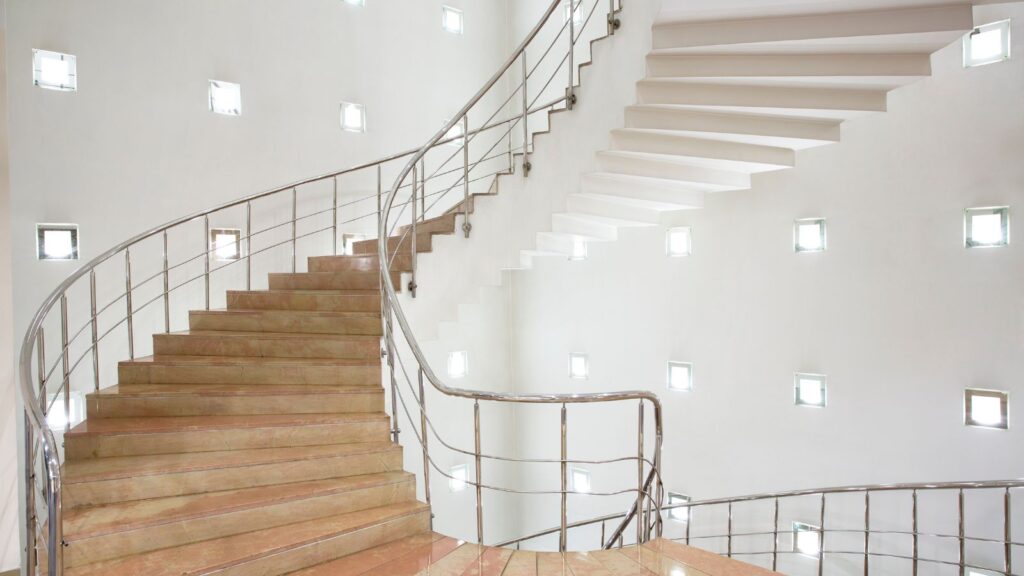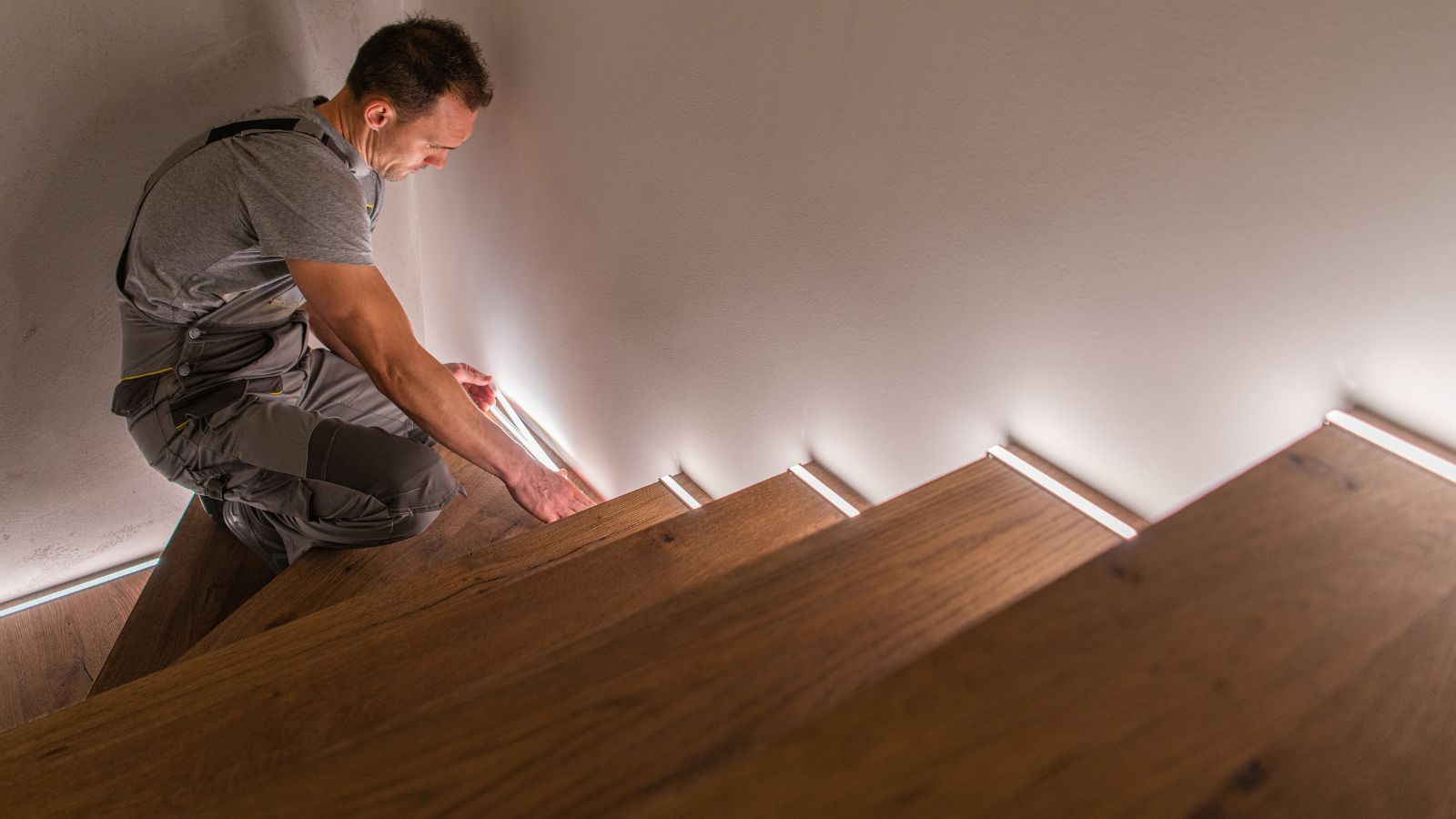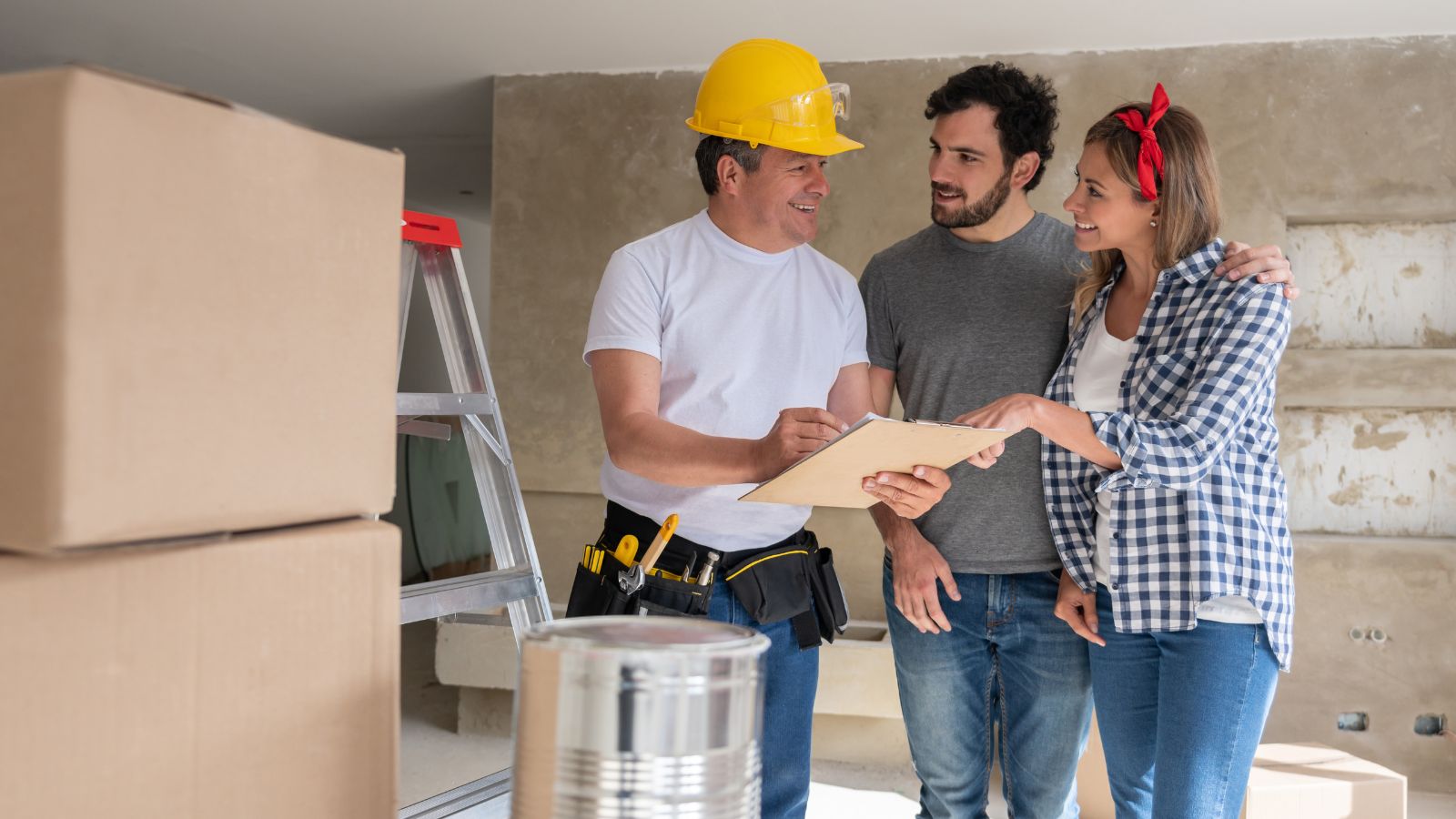Many homeowners think that stairs are just the path to commute, but they are structural designs that elevate home aesthetics. To achieve the desired outcome, choosing the right contractor is essential, whether you are renovating or building a new one. Evaluating the contractor’s expertise within the industry is crucial, especially when you are considering high-end materials like Royal Oak. And how to determine the contractors if they are capable? This article points out the seven key questions that guarantee the contractor is good to hire.
1. What Experience Do You Have With Custom Stair Projects?
Custom staircases require a unique skill set, different from standard home construction. A contractor who has experience designing and building customised stairs will be better equipped to handle complex materials, unique layouts, and structural challenges.
When speaking with a contractor, ask:
- How long have you been building custom staircases?
- Can you provide examples of past projects similar to mine?
- Do you specialise in a particular material, such as wood, metal, or glass?
By reviewing their portfolio, you can gauge their ability to meet your design vision while ensuring structural integrity.
2. Can You Provide References and Client Testimonials?
A contractor’s previous work experience showcases their reliability, and this level of transparency caters to various needs. So, never hesitate to ask for client testimonials to have insights into their work ethic, communication skills, and ability to meet deadlines.
Ask for:
- At least three references from past clients.
- Photos or videos of completed stair projects.
- Online reviews or testimonials that highlight their strengths.
3. What Materials and Design Options Do You Offer?
A skilled stair contractor should offer a variety of material and design choices to align with your vision and budget. Some contractors specialise in high-end materials like Royal Oak, while others may focus on modern steel or minimalist glass staircases.
Ask the contractor:
- Do you offer customisable materials, stains, and finishes?
- How do you ensure that the materials used are of high quality?
- Can you help me choose a design that complements my home’s architecture?
The right contractor will guide you through material selection, ensuring your staircase is both aesthetically pleasing and structurally sound.
4. What Is Your Process From Design to Completion?
Understanding how a contractor approaches the stair-building process ensures you know what to expect at every stage of the project. Some contractors handle everything in-house, while others subcontract certain aspects, such as finishing or installation.
Ask about:
- Their design and approval process.
- Estimated timeline from start to finish.
- How they handle unexpected delays or challenges.
A clear and structured process is a sign of professionalism, helping you avoid unnecessary setbacks.
5. Do You Handle Permits and Code Compliance?
Staircases must meet specific building codes and safety regulations to ensure they are structurally sound and safe to use. A reputable contractor will be well-versed in local codes and handle the necessary permits for your project.
Key questions to ask include:
- Are you familiar with local building codes for staircases?
- Will you obtain the required permits, or is that my responsibility?
- How do you ensure the final product meets all safety standards?
Failing to comply with building regulations can lead to costly modifications later, so it’s crucial to work with a contractor who prioritises code compliance.
Avoiding Legal and Safety Pitfalls
Why Building Codes Matter?
Building codes exist to ensure staircases are safe, preventing potential hazards such as improper railing heights or overly steep steps. Contractors who overlook these regulations put both aesthetics and safety at risk.
The Risks of Skipping Permits
Without proper permits, your staircase may fail an inspection, leading to fines or mandatory rework. Always verify that your contractor follows legal requirements to avoid unexpected costs.
6. What Is the Estimated Cost and Payment Schedule?
Budgeting for a custom staircase involves more than just material costs. Labour, permits, design modifications, and unexpected challenges can impact the final price.
When discussing pricing, ask:
- Do you provide a detailed written estimate?
- What is your payment schedule—upfront deposit, instalments, or final payment upon completion?
- Are there potential extra costs I should anticipate?
A trustworthy contractor will be transparent about pricing and offer a detailed breakdown to help you plan accordingly.
7. How Do You Handle Project Delays and Revisions?
Even the best-planned projects can encounter delays due to weather, supply chain issues, or design changes. Knowing how your contractor handles these challenges ensures you’re prepared for any unexpected hurdles.
Key questions include:
- What happens if there are material shortages or delivery delays?
- How do you handle client-requested design changes during the project?
- Will you provide a revised timeline if setbacks occur?
An experienced contractor will have contingency plans in place, minimising disruptions while keeping you informed throughout the process.
What Are the Boxes That Need to Be Ticked?
Other than asking the questions, there are a few boxes that definitely need to be green. They are as follows:
Evaluate Your Goal
Determine the primary purpose of your staircase. Are you looking for a statement piece that enhances your home’s aesthetics, or is functionality your top priority? Defining your goals early helps guide design choices and material selection.
Define Your Budget
Custom staircases can range from affordable to high-end, depending on materials, design complexity, and labour. Set a realistic budget and discuss pricing transparency with your contractor to avoid unexpected costs.
Plan According to the Space
Remember that a staircase must complement the layout and architecture of your home rather than forcefully stuffing them in an area. Careful planning ensures that it fits seamlessly without affecting the walking radius near the stairs.
Checking these boxes ensures you enter the hiring process prepared, making it easier to communicate your vision and expectations to the contractor.
Final Thoughts
Hiring a custom stair contractor is a significant decision that affects both the functionality and aesthetics of your home. By asking the right questions—about experience, materials, permits, costs, and potential delays—you set yourself up for a successful project.
Whether you’re looking for a sleek modern design or a timeless Royal Oak staircase, working with a knowledgeable and transparent contractor ensures that your vision comes to life with precision and quality. Take the time to vet your options, and choose a professional who values craftsmanship as much as you do.




More Stories
Rising Home Repair Costs and What Homeowners Can Do About Them
DIY Home Maintenance: Your Car Shelter, The Intelligent and Fashionable Way to Build
Garage Door Repair: Essential Tips and Professional Services